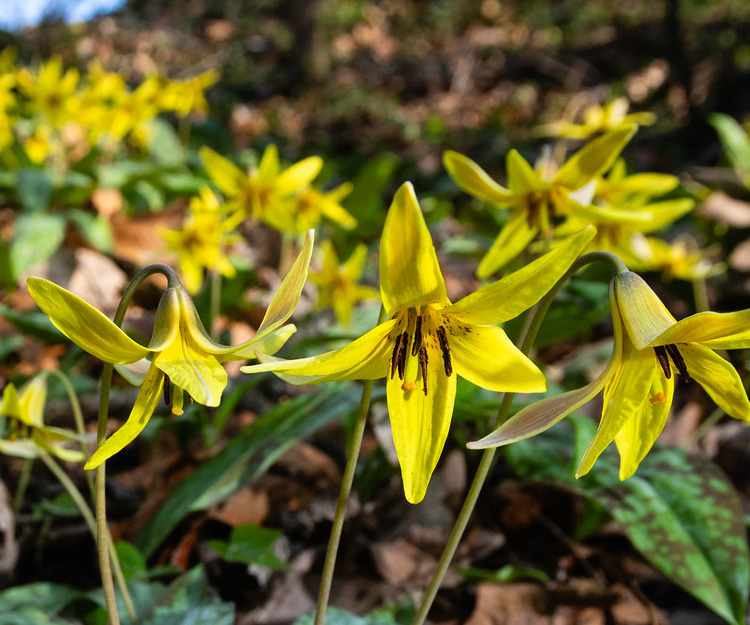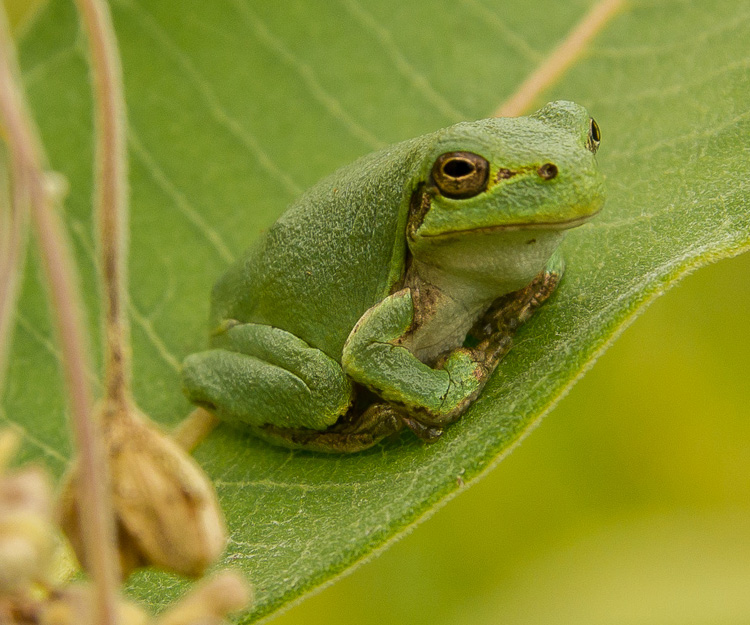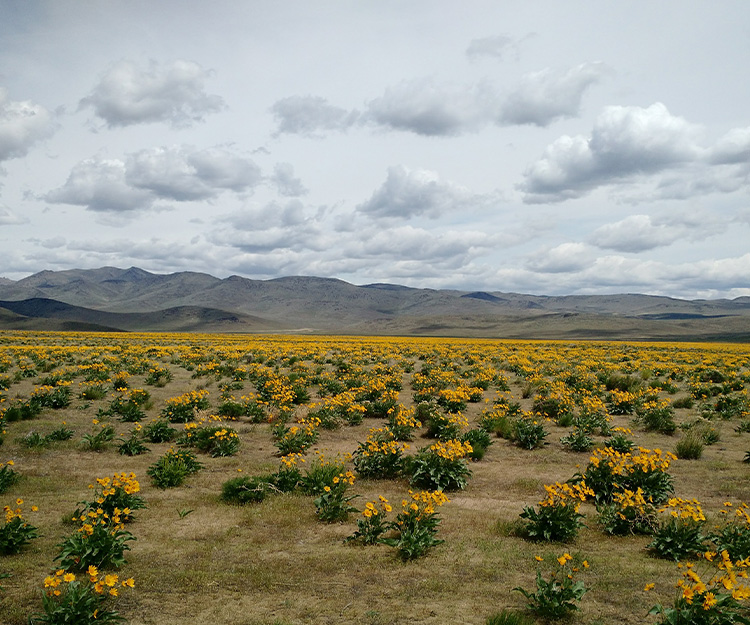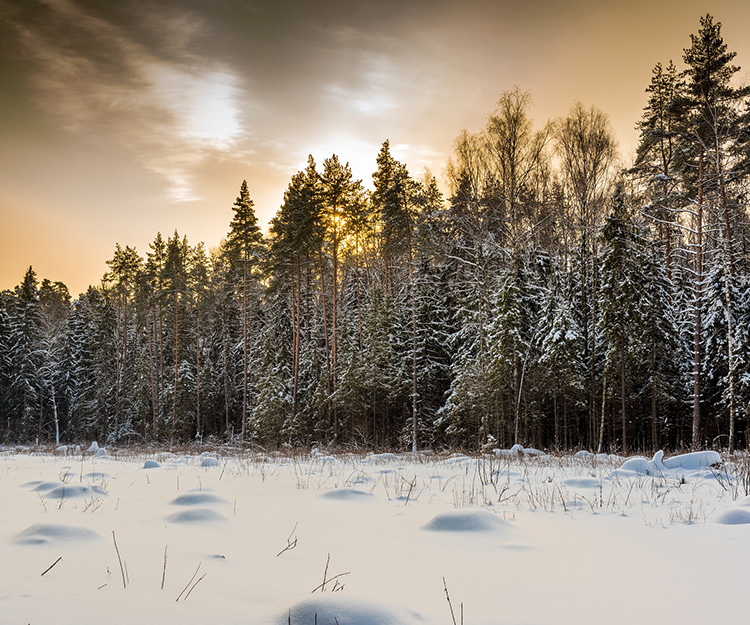Knowing which species and ecosystems are most at-risk and which are currently stable is another critical piece of information for effective conservation. The NatureServe Network pioneered a standardized approach to conservation status assessment, which we have now applied to tens of thousands of species and ecosystems. We freely sharing the results on NatureServe Explorer so everyone has access to the best available data on what elements of biodiversity are most at-risk.
NatureServe Conservation Status Assessment
Conservation status assessments are completed to produce conservation status ranks that measure extinction risk and are widely used throughout the conservation community and are regarded as highly credible by scientists, government agencies and private-sector organizations.
International Collaboration on Red Listing
NatureServe’s status assessment work is integral to global conservation initiatives. As a founding member of the IUCN Red List Partnership, NatureServe contributes to the growing number of Red List assessments available for species worldwide.
Ecosystem Assessment
Healthy natural ecosystems are essential to conserving biodiversity and providing ecosystem services to society. Ecosystem assessment takes many forms, but most commonly it involves documenting factors that affect the health and functioning of natural ecosystems.
Confronting Climate Change
Earth’s rapidly changing climate affects both the natural world and our approaches to conserving it. NatureServe has applied our unparalleled biodiversity data and scientific expertise to develop novel methods and practical approaches for climate smart conservation.



